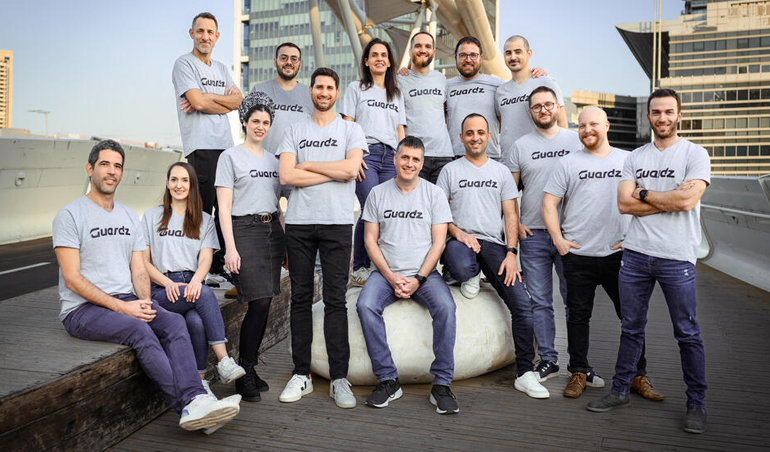
Israeli cybersecurity startup Guardz has emerged from stealth with $10 million in backing from Hanaco Ventures, iAngels, GKFF Ventures, and Cyverse Capital.
The Guardz platform is purpose-built to provide real-time cybersecurity protection for small companies, many of whom sit in high-risk industries possessing sensitive data, such as law, healthcare, financial services, retail, and more.
The platform automatically monitors a company’s external and internal digital footprint to continuously analyze cybersecurity risks and remediate threats. Guardz also makes cyber insurance accessible to small businesses that were previously ineligible due to a lack of comprehensive cybersecurity protection.
Founded in 2022, the Tel Aviv-based startup targets small businesses with an offering that includes cybersecurity protection and insurance.
The Guardz platform monitors a company’s external and internal digital footprint to continuously analyze cybersecurity risks and remediate threats at the click of a button from one dashboard.
In terms of insurance, we received two quotes and had five rejected quotes.
Hackers are acutely aware of small businesses’ cyber vulnerabilities; nowadays, it’s not a matter of if they’ll be targeted, but when. Guardz complete solution helps companies with lean IT, as well as MSPs, to combat these rising threats.
We have worked to create a solution that not only impacts the security and longevity of businesses, but helps protect the ecosystem at large, and we are eager to continue developing our offering to secure further companies across the globe
Dor Eisner, CEO and co-founder of Guardz
With the rise of Attacks-as-a-Service, the ongoing shortage of cyber talent, and the increasingly lucrative nature of targeting smaller businesses, the market is well-primed for a holistic cyber solution that addresses the unique challenges and imminent threats facing these companies.
by Peter Sonner




